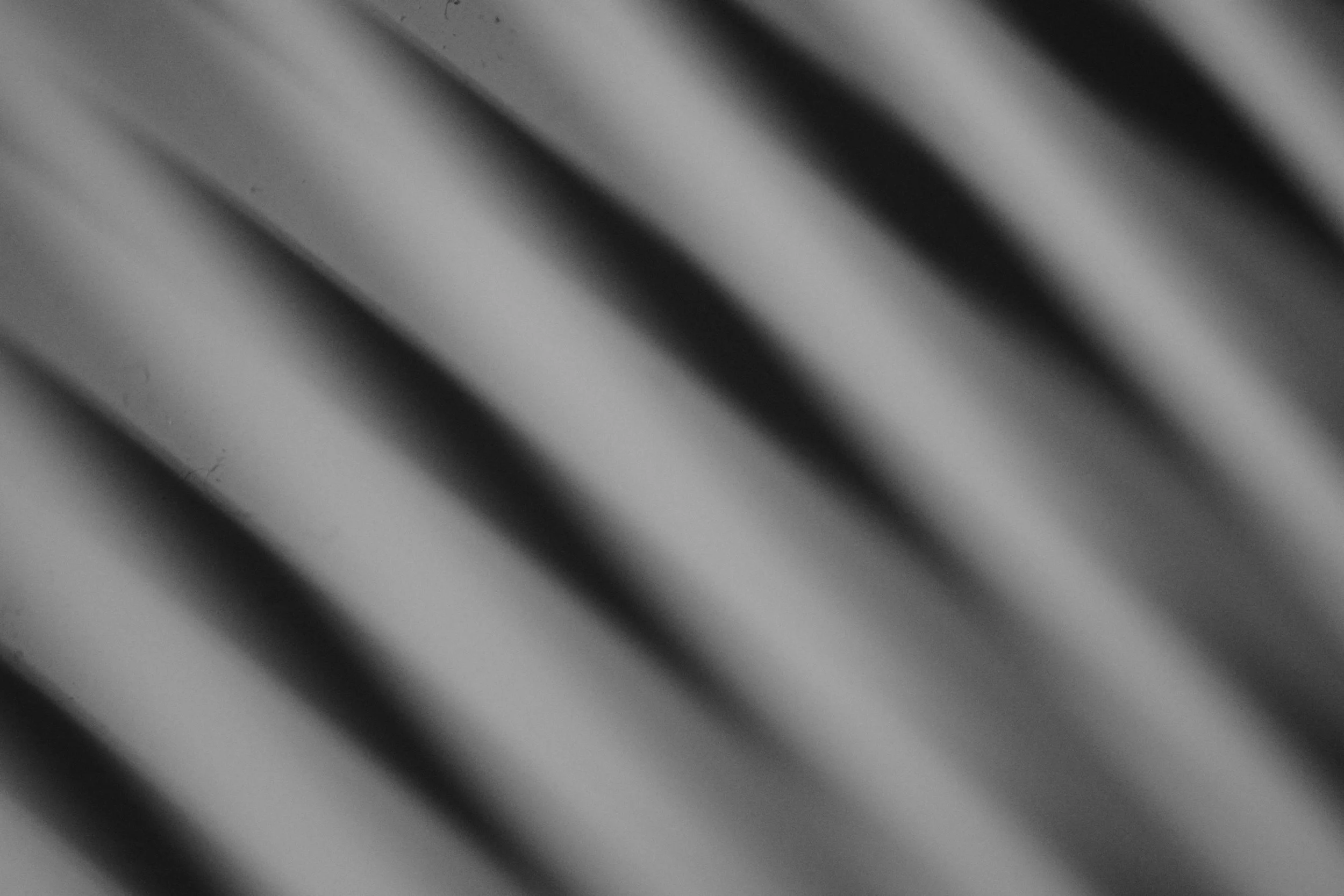Recommended reading:

How You Make Me Feel
CONTENT WARNING: Self harm, suicide, abuse, homophobia
How You Make Me Feel | Digital | (2022)
There is a lot I want to say about this piece. I draw in an unplanned, organic way. When things appear in my imagination, I add them in.
I imagined hands coming down as spiders, throwing out hooks, manipulating my face, my emotions, how I appear to the outside world.
The hooks would pull and tear at my skin, as the lines pulled through bone and sinew.
Why illustrate such violence towards oneself? Well for one thing it is better than hurting my physical body.
Through the process of this illustration I realised I was expressing some deep traumas that I have not really addressed directly. When I look back at the body of my work, it is obvious where I have subconsciously explored these feelings. In deciding to make this piece with more focus, I found that it drained and took a lot out of me. I worked on it tirelessly until it all came into focus, and when it did, I felt a tidal wave of exhaustion but also relief.
I feel like the time is right to share these stories. They will provide context for this work.

Doorways to the Sea
Chapter 02 of my work in progress book "Sinking Streets".
Our lives are framed by doorways. These portals that open onto the street. In Male’ City, there is no such thing as a front yard. There are more cemeteries than parks – a good thing as a lot of the trees that have not been felled exist within their walls. A lot can happen in these doorways. Lovers flirt, children play, the old watch a rapidly changing world pass them by. If you are lucky the doorway will open to a path instead of straight inside your home.

Piracy and me - Video games
I owe a lot to the pirates of Asia. Most of the media I consumed up to the point I was a young adult was pirated. Pirated VHS tapes, pirated games, pirated music. Even the shows on the state propaganda channel were pirated. Hell, even the satellite feeds we got were pirated up until the mid 2000s. People pointed their dish antennas towards the heavens and caught the pieces of the free world that were reflected back.

Fear of Humanity
There is not a moment where I am truly at ease. An innocent knock on the door in the middle of the day can create a crippling sense of dread. Is it just the postman? Or is it death come knocking? At night, it is even worse. What darkness lies at the end of the dim hall when I wake to relieve myself when all else is quiet?

Ahannakee dhivésséh (I am an Islander)

The Male' City Swimming Track
Chapter 01 of my work in progress book "Sinking Streets".
Chapter 02 - Doorways to the Sea
Chapter 03 - The Laadheenee Among Us
I am floating on my back with my eyes closed. The sun is beating down on my face from above. The rumbling monster of the city is silenced and for a moment I forget about the stress that brought me here. The fresh morning air is tainted with the smell of diesel. I exhale and sink further down under the water’s surface.

Translations of comments from Maldivians regarding the Orlando nightclub shootings
Below are some of the comments that Maldivians posted in regards to the Orlando nightclub shooting of 2016. Translating them was an exhausting process, but I feel like it is necessary, since a lot of these sentiments are expressed in Dhivehi - a language that very few people speak and is thus very globally inaccessible. If these are the thoughts of Maldivians in regard to these horrific incidents abroad, just imagine for a moment what ill feelings they must harbour towards LGBT people from their own community. This is of course not a scientific survey or research of Maldivian attitudes and shouldn't be used or regarded as such. It is simply an insight into one of the uglier sides of Maldivian society that many non-Dhivehi speakers rarely get to see.

Why Do I Write In English?
Is there an easy answer to this question? Primarily I think I speak and write in English because it has been necessary for my survival. Most people from the Maldives are bilingual because of this reason. Our language, Dhivehi, is only spoken by us. And of us there are not many.

TVM Haze
The world has changed so much in the past few decades. The sheer amount of information we have accessible at our fingertips is sometimes hard to comprehend. If you are a person who has the privilege of internet access, the only excuse you have for your ignorance is yourself.

Fear of the Dark
All the while the rushing would intensify as if heading towards some grim crescendo. As this feeling grew and I drowned in feelings of utter helplessness, so did a growing panic that something... bad.... was about to happen. This jinni, this being, was going to take my life - or worse - take my sanity and run screaming with it all the way to hell.

